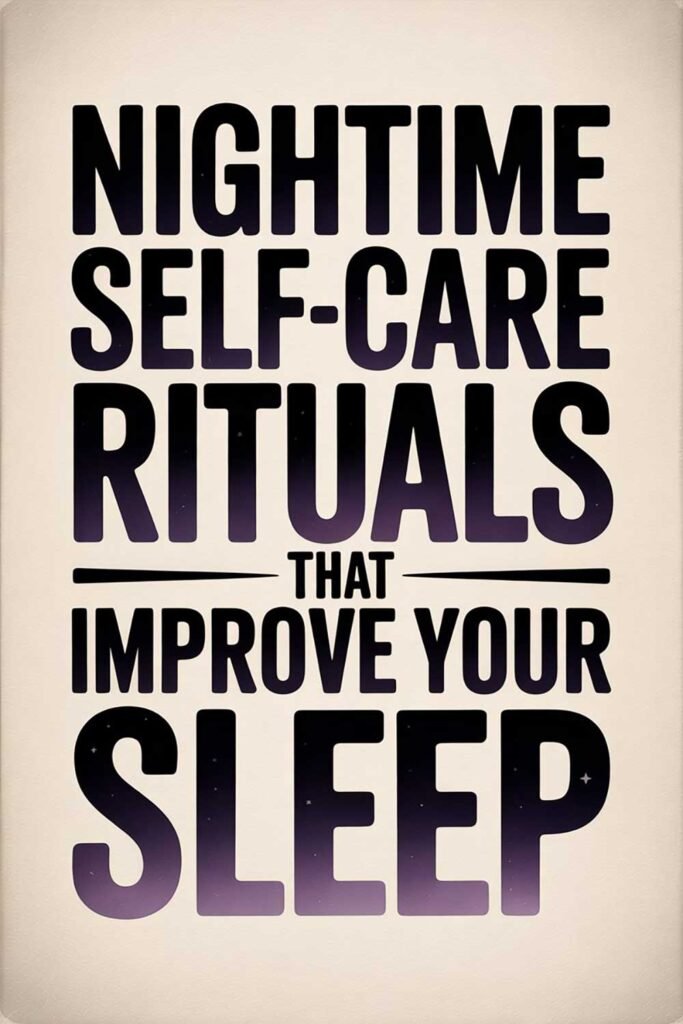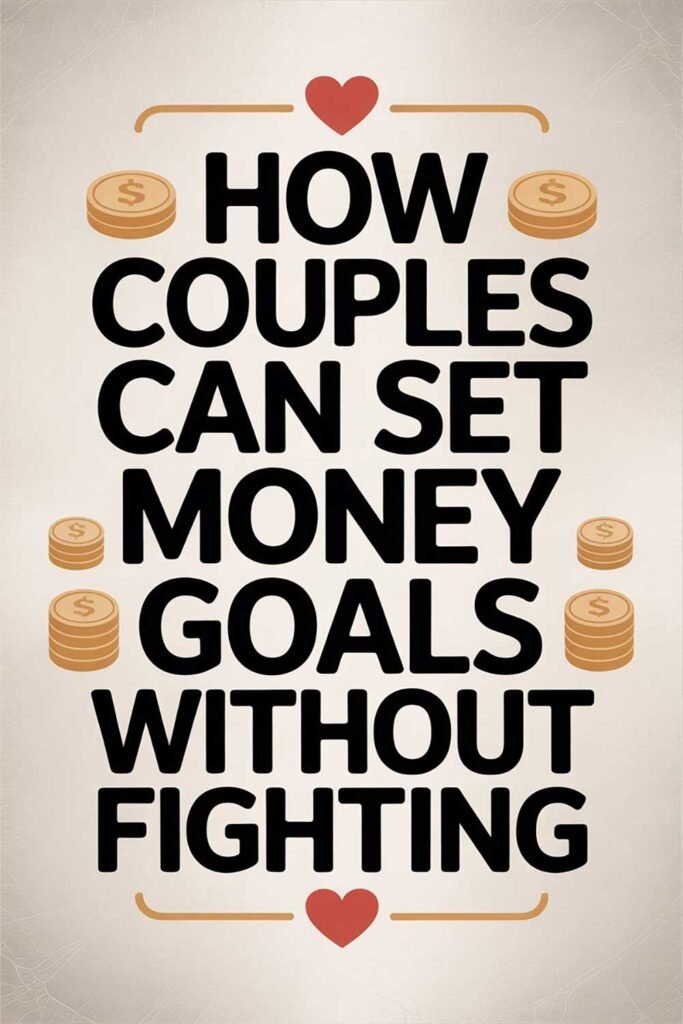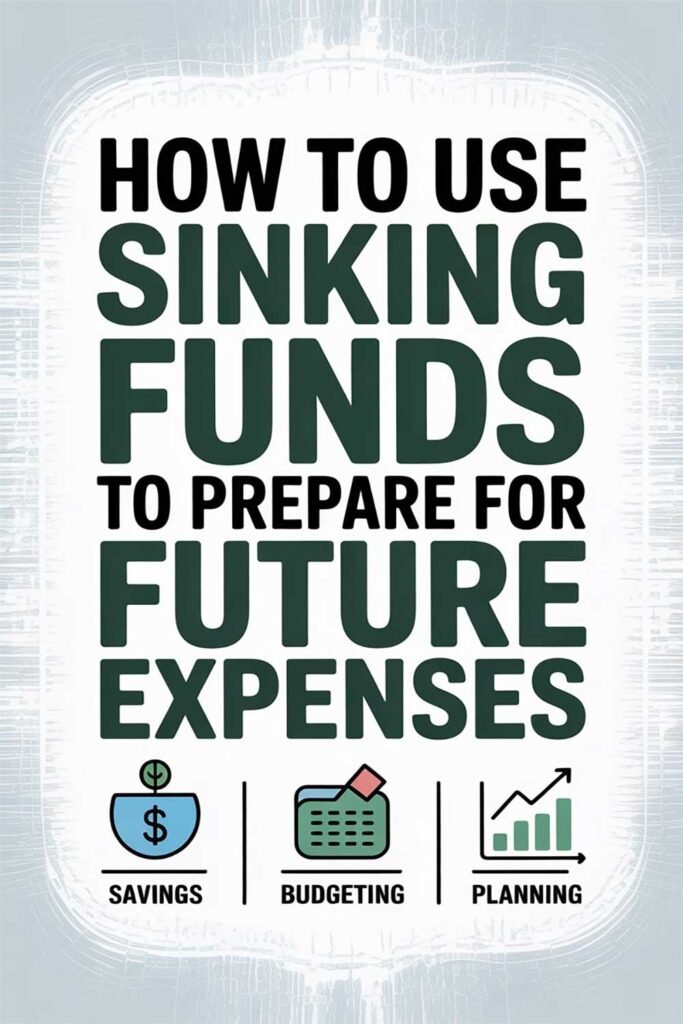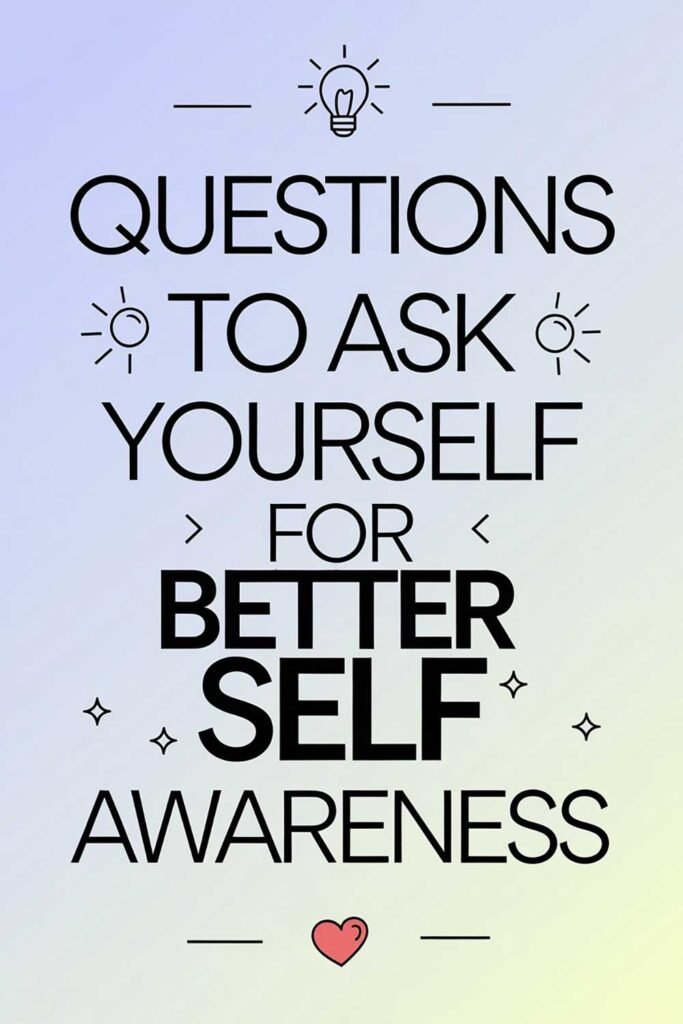How to Say No Without Guilt and Reduce Overwhelm
Saying “yes” might seem like the polite, helpful, or easy thing to do. But constantly agreeing to everything can quickly lead to burnout, resentment, and overwhelm. If you’ve ever felt guilty for setting boundaries or stretched too thin from overcommitting, it’s time to embrace a powerful self-care tool: learning how to say no without guilt.
In this article, we’ll explore why saying no is necessary for your mental well-being, how to do it with confidence and kindness, and how real people have transformed their lives by reclaiming their time and energy.
Why Saying No Is a Form of Self-Respect
Saying no doesn’t make you selfish. It makes you honest. Every time you say yes to something that drains you, you say no to something that could fill you up—like rest, joy, or your own priorities.
When you say no:
- You protect your time and energy
- You honor your boundaries
- You prevent burnout
- You teach others how to treat you
Self-care starts with permission: the permission to prioritize your needs.
Common Reasons People Feel Guilty Saying No
- Fear of disappointing others
- People-pleasing tendencies
- Worrying about being seen as rude or uncaring
- Conditioned beliefs (especially from childhood or culture)
- Fear of conflict or rejection
Understanding where the guilt comes from is the first step in letting it go.
How to Say No Without Guilt: 10 Empowering Strategies
1. Know Your Priorities
When you’re clear on what matters most to you, it’s easier to say no to what doesn’t align.
Example: “That sounds great, but I’ve committed to spending this weekend with my family.”
2. Use Clear, Respectful Language
You can be firm and kind at the same time.
- “Thanks for thinking of me, but I’ll have to pass.”
- “I appreciate the offer, but I’m not available.”
3. Practice Saying No in Low-Stakes Situations
Build your boundary-setting muscle. Say no to:
- A store promotion you don’t need
- Extra work you can’t take on
- Social plans when you need rest
4. Don’t Over-Explain
You don’t owe anyone a detailed justification. Keep it short and sincere.
Example: “I’m not able to commit to that right now, but I appreciate you asking.”
5. Use the “Not Right Now” Approach
If you want to keep the door open:
- “I can’t take that on right now, but maybe another time.”
6. Practice Mirror Work or Affirmations
Say affirmations like:
- “It’s okay to say no.”
- “Saying no makes space for what matters.”
- “I am not responsible for everyone else’s happiness.”
7. Remember: Every Yes Is a No to Something Else
When you say yes to something that doesn’t align with your values or energy, you may be saying no to:
- Rest
- Health
- Family time
- Creativity
8. Visualize the Aftermath of Saying Yes
Ask yourself: “How will I feel if I say yes to this?” If the answer is overwhelmed, anxious, or resentful, that’s your sign.
9. Seek Support and Accountability
Talk to a therapist, coach, or trusted friend who can help you set and maintain boundaries.
10. Celebrate When You Say No
Every no that protects your peace is a win.
Real-Life Example:
Maya used to say yes to every weekend plan and found herself drained by Sunday. She started saying no to social events that didn’t excite her. The result? More energy, more joy, and deeper connections with people she truly wanted to see.
Real-Life Transformations from Saying No
Tina the Burnt-Out Manager
Tina was working 60+ hours a week. Her boss kept piling on more. When she finally said, “I can’t take that on right now,” she feared backlash. Instead, she gained respect, and her productivity improved.
Jon the Overcommitted Friend
Jon felt obligated to help everyone move, plan events, and say yes to every dinner invite. He began saying no kindly but clearly. He now has time for his own hobbies and feels more present with the people who matter most.
20 Quotes About Boundaries and Saying No
“No is a complete sentence.” – Anne Lamott
“You have the right to say no without feeling guilty.” – Unknown
“You teach people how to treat you by what you allow.” – Tony Gaskins
“Don’t set yourself on fire to keep others warm.” – Unknown
“Saying yes to happiness means learning to say no to things and people that stress you out.” – Thema Davis
“When you say yes to others, make sure you’re not saying no to yourself.” – Paulo Coelho
“Boundaries are a part of self-care. They are healthy, normal, and necessary.” – Doreen Virtue
“Let today be the day you learn the grace of saying no.” – Unknown
“You are not required to set yourself on fire to keep others warm.” – Unknown
“Your time and energy are precious. Spend them wisely.” – Unknown
“Givers need to set limits because takers rarely do.” – Rachel Wolchin
“Just because you can, doesn’t mean you should.” – Unknown
“Saying no isn’t about rejection. It’s about redirection.” – Unknown
“It’s okay to disappoint others if it means you won’t disappoint yourself.” – Unknown
“Boundaries aren’t walls. They’re bridges to better relationships.” – Unknown
“Honor your no as much as your yes.” – Unknown
“You don’t have to explain your boundaries to anyone.” – Unknown
“Protect your peace. It’s yours to protect.” – Unknown
“Saying no can be the kindest thing you do for yourself and others.” – Unknown
“When you say no to the wrong things, you make space for the right ones.” – Unknown
🧠 Picture This
You glance at your calendar and notice something rare: breathing room.
You turned down a meeting that didn’t align. You passed on a favor you didn’t have the bandwidth for. You said no with love—and with clarity.
Instead of guilt, you feel relief.
You spend the extra time reading a book, walking in the sunshine, calling someone you miss. You feel grounded, calm, and more in control of your life.
Because you said no to overwhelm.
And yes to you.
📣 Please Share This Article
If this article helped you or reminded you of someone who struggles with boundaries, please share it. Your share could help someone learn the power of saying no without guilt.
⚠️ Disclaimer
This article is based on personal experience and self-care education. It is for informational purposes only and is not a substitute for professional therapy or mental health advice. Please consult a licensed counselor for support in setting and maintaining boundaries.






